Scottish seafood industry boss Jimmy Buchan has demanded urgent action as high energy prices risk driving factories in the north-east out of business.
Mr Buchan has sent a letter to the two candidates vying to become Prime Minister, Liz Truss and Rishi Sunak, ahead of their campaigning visits to Scotland tomorrow.
In the letter Mr Buchan, the chief executive of the Scottish Seafood Association, warned that on top of Brexit and Covid, escalating fuel costs were having a “devastating impact on our ability to remain viable”.
He added: “We all know from the daily headlines that this crisis is affecting everyone, but given our vital role when it comes to the nation’s food security, I feel it is incumbent on my organisation to make you aware of the precise nature of the toll it is exacting on seafood production.
“Our members are facing at least a doubling of energy costs between this year and next, and even greater expenditure in 2024.
“Evidently, that is not sustainable for the business or the consumer who needs to eat healthy, nutritious protein.”
Mr Buchan said that businesses recognised the need for greater efficiencies and were focused on trimming excess costs.
Industry calls for government commitment
“However, when cost increases on this scale eat so substantially into profitability, we need a commitment from Government to safeguard businesses and people’s jobs.
“Across Scotland’s seafood production, which is critical to the supply chain of our hard-working fishers, we need to ensure continuity of food supply to our nation.
“In Government we need a Prime Minister that understands and puts in place workable plans that allows our businesses to thrive.”
Meanwhile, the body representing the fishing industry has also issued an open letter to the prospective PMs.
Elspeth Macdonald, chief executive of the Scottish Fishermen’s Federation, highlighted the need for “fairer decision making” over use of the seas in order to prevent fishing becoming “collateral damage” ahead of the spansion of wind farms.
Ms Macdonald said that while the industry recognised the need for expansion of offshore renewables, there was need for a “much more balanced and equitable dialogue” and “fairer decision making about marine spatial planning, to ensure low carbon food production did not pay the price for this”.
Brexit ‘fell far short’ of fishers’ expectations
Ms Macdonald also called for significant improvements to the Brexit deal, which fell far short of fishermen’s expectations, when it comes up for renewal in 2026, and for action on labour shortages and fuel costs.
She said: “Both the UK and Scottish Governments have ambitious plans for expanding and accelerating electricity generation from offshore wind farms.
“We understand that the UK must transition away from fossil fuels to other forms of energy, but there are real risks that fishing becomes collateral damage as our vessels are squeezed out of key fishing grounds.
“Wild-capture fisheries are intrinsically a climate-smart foodstuff and are a key part of the UK’s journey to net zero.
“But to be part of the net-zero future fishing needs space at sea to continue operating efficiently and sustainably.
“We produce food with a lower carbon footprint than all other forms of animal protein, indeed some Scottish fisheries have carbon emissions lower than plant-based protein sources.”
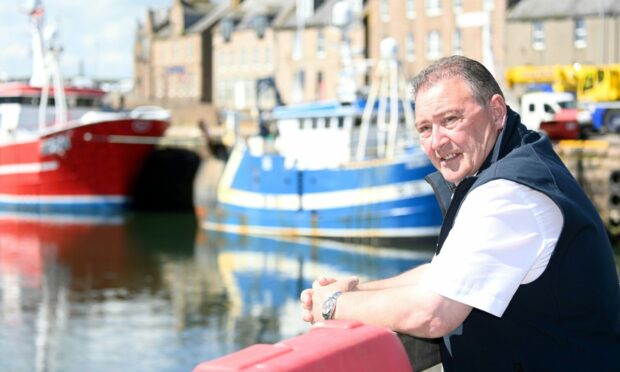
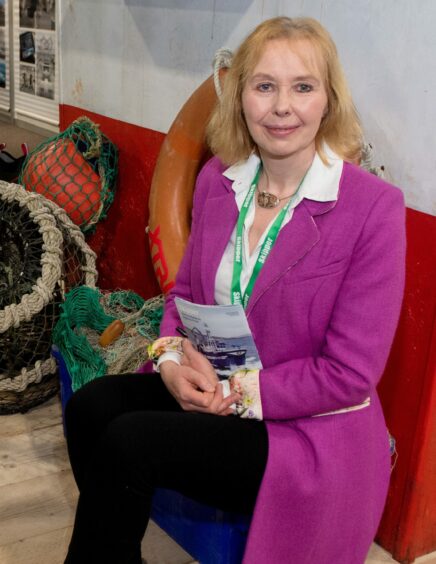
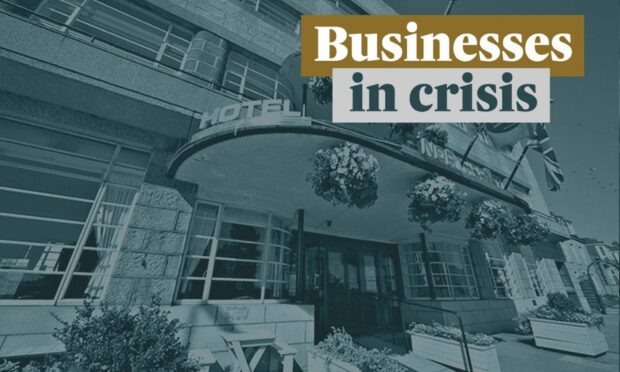
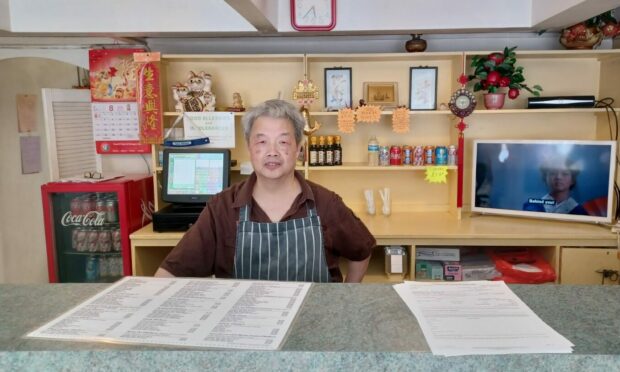
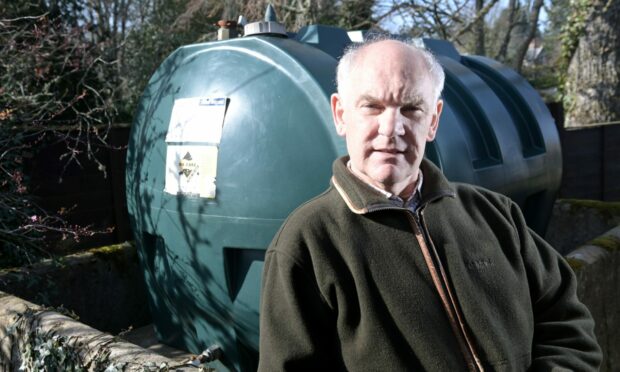
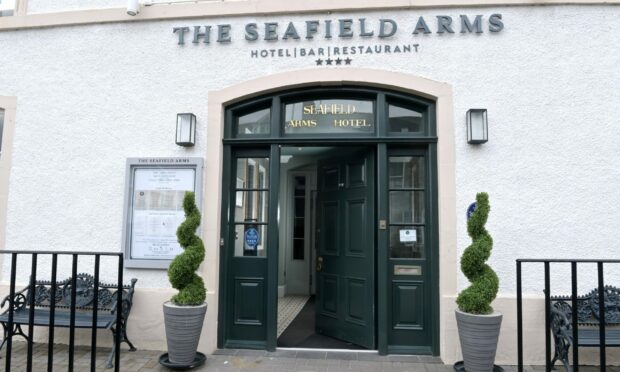
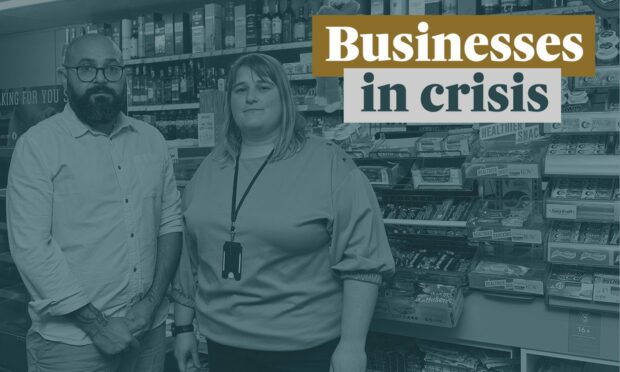
Conversation